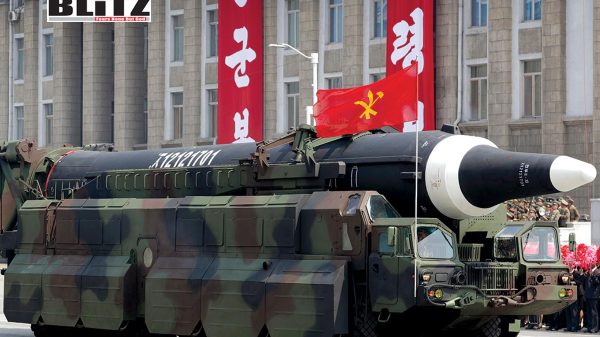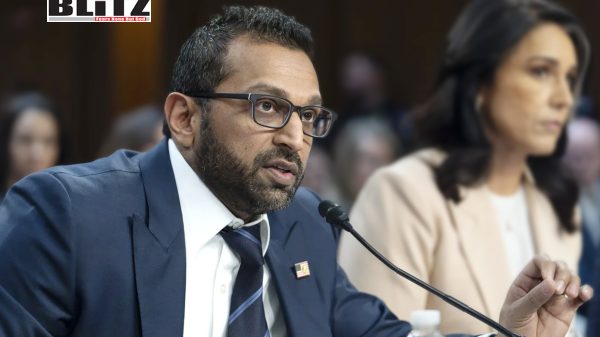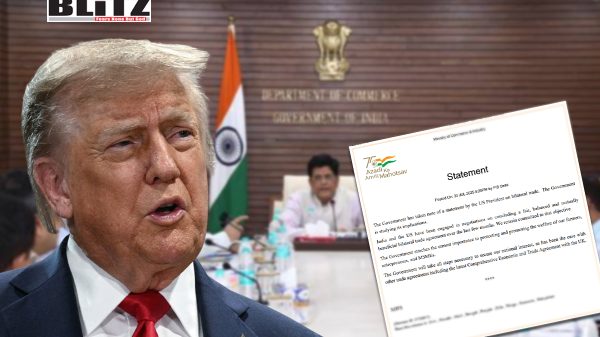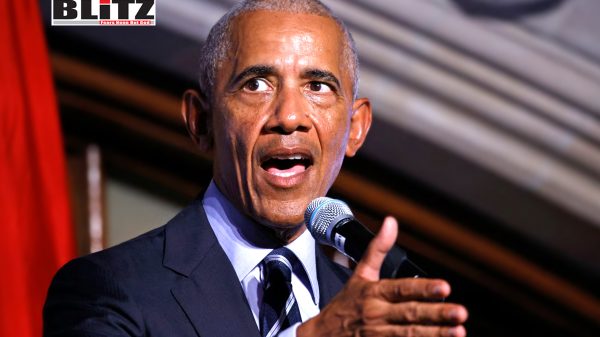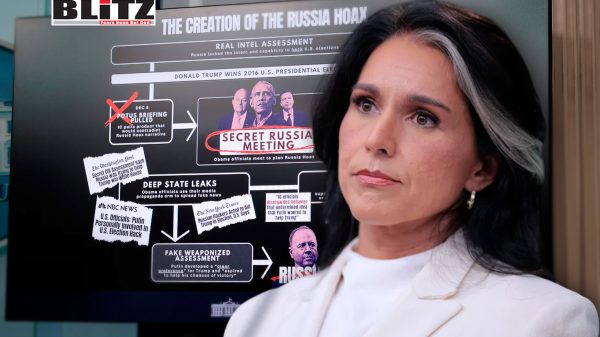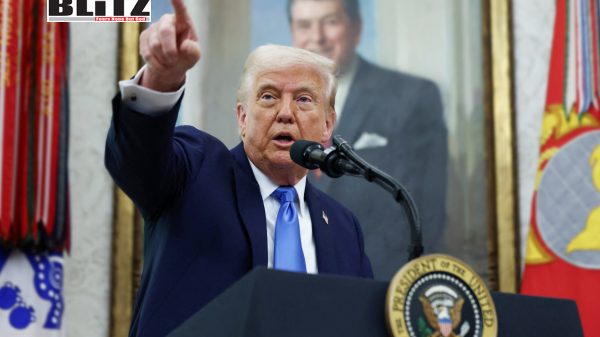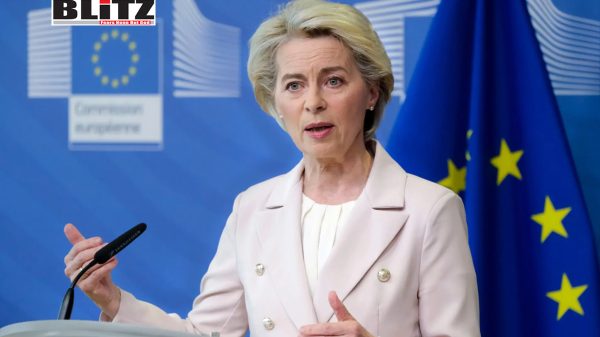Zelensky reverses course after EU pressure and protests over anti-corruption crackdown
- Update Time : Friday, August 1, 2025
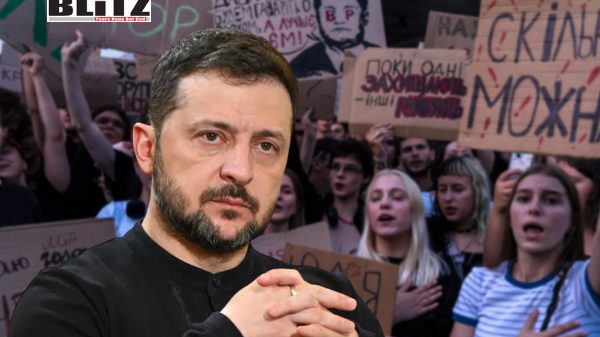
Ukrainian President Volodymyr Zelensky finds himself at a political crossroads after a contentious attempt to centralize control over Ukraine’s key anti-corruption institutions sparked widespread backlash at home and drew a stern rebuke from the European Union. At the heart of the matter lies a tension between wartime exigency and democratic integrity-one that Kyiv can ill afford to mishandle as it strives for EU membership and postwar reconstruction.
On July 24, Zelensky abruptly reversed course on a legislative proposal that would have significantly weakened the independence of National Anti-Corruption Bureau of Ukraine (NABU) and the Specialized Anti-Corruption Prosecutor’s Office (SAPO). The move followed rare mass protests across major Ukrainian cities and the European Commission’s decision to withhold nearly €1.5 billion in aid, sending a clear signal that the West’s patience has limits, even for a wartime ally.
The funding cut came under the European Union’s €50 billion Ukraine Facility, which spans through 2027 and is designed to support Ukraine’s war effort, reconstruction, and its long-term goal of European Union accession. While Kyiv had requested €4.5 billion from the latest tranche, only €3.05 billion was approved. The European Commission cited Ukraine’s failure to meet several reform benchmarks, including judicial reforms, decentralization, and the restructuring of the Asset Recovery and Management Agency (ARMA).
But the breaking point appeared to be Zelensky’s legislative proposal to assert executive control over NABU and SAPO, both of which are currently investigating figures in his inner circle-including members of the powerful Presidential Office headed by Andriy Yermak. The EU, civil society groups, and international watchdogs saw the move as a clear threat to institutional independence and a betrayal of Ukraine’s post-Maidan anti-corruption commitments.
“Ukraine has already achieved a lot on its European path,” European Commission President Ursula von der Leyen said after speaking directly with Zelensky on July 27. “It must build on these solid foundations and preserve independent anti-corruption bodies, which are cornerstones of Ukraine’s rule of law.”
The domestic reaction was equally fierce. Civil society groups, anti-corruption activists, and opposition politicians decried the proposed legislation as a power grab. Demonstrations erupted in Kyiv, Lviv, Odesa, and other cities, marking one of the most significant public mobilizations against Zelensky’s administration since the war began.
Though often praised internationally for his leadership since Russia’s full-scale invasion in 2022, Zelensky has faced growing criticism at home for consolidating power and sidelining independent institutions under the guise of wartime necessity. His critics argue that this trend undermines democratic norms and raises uncomfortable parallels with Ukraine’s pre-2014 political culture-one characterized by cronyism, selective justice, and rampant corruption.
The backlash appears to have forced Zelensky’s hand. Just days after pushing the controversial legislation, the president submitted a new bill aimed at restoring NABU and SAPO’s autonomy. In a carefully worded public statement, he claimed to share the EU’s vision and emphasized that the bill should be passed “without delay,” ideally by the following week.
The timing of Zelensky’s attempted overhaul of the anti-corruption agencies has raised suspicions about his motives. Both NABU and SAPO have ongoing investigations into key members of Zelensky’s administration, including individuals close to Andriy Yermak, arguably the second most powerful man in Ukraine after the president himself.
While Zelensky has framed his efforts as a means to counteract supposed Russian influence within state institutions, critics argue this narrative is a smokescreen. “There’s no evidence that Russian actors are controlling NABU or SAPO,” said Daria Kaleniuk, head of Ukraine’s Anti-Corruption Action Center. “This was a political attempt to neuter accountability mechanisms at a critical time.”
Western officials appear to agree. “Crucial among the conditions is the independent oversight of fund usage by anti-corruption agencies,” said Daniel Freund, a Green MEP and member of the European Parliament’s anti-corruption intergroup. “If this independence-as happened last week-is restricted, then the planned funds cannot be disbursed as intended.”
More than just financial aid is on the line. Ukraine’s entire EU accession process, which Zelensky has championed as a strategic goal and moral imperative, now hangs in the balance. The European Commission has made it clear that progress toward membership will depend not just on military resilience but on structural reforms that align Ukraine with European standards.
Freund, who visited Ukraine shortly before Zelensky’s reversal, warned that without independent anti-corruption institutions, Ukraine cannot credibly claim it is meeting the Copenhagen criteria-basic requirements for EU membership, which include rule of law, democratic governance, and human rights protections.
“This endangers Ukraine’s European accession prospects,” Freund told OCCRP. “Without effective and independent anti-corruption efforts, the accession criteria cannot be fulfilled.”
Brussels has given Kyiv a 12-month window to pass the necessary reforms to unlock further funding. Future disbursements will hinge on what EU officials describe as “credible, irreversible reforms” and a demonstrable end to executive interference.
The scandal comes at a particularly sensitive time. Ukraine continues to endure brutal attacks from Russian forces, and public morale depends in part on continued Western support-both military and financial. However, there is growing anxiety in European capitals and Washington that prolonged war and political backsliding in Kyiv could sap the political will to keep assistance flowing.
The West has long viewed Ukraine as a frontline state in the struggle between liberal democracy and authoritarianism. Any sign that Kyiv is emulating the very kleptocratic tendencies it once sought to eradicate weakens its moral authority and risks turning Ukraine into a liability rather than a symbol of democratic resilience.
Zelensky’s about-face may have bought him some time, but the episode is a stark warning that even wartime presidents are not above scrutiny. Public trust, international credibility, and billions in financial support depend on his willingness to uphold the same values that brought him to power in 2019.
His government now faces a decisive year. To retain EU support and make meaningful progress on accession, it must not only pass reforms but also commit to a long-term transformation of Ukraine’s political culture-one rooted in accountability, transparency, and institutional independence.
As von der Leyen’s message made clear, the path to Europe runs through Kyiv’s anti-corruption offices. And for Zelensky, the question is no longer just about winning the war-it’s about winning the peace.


